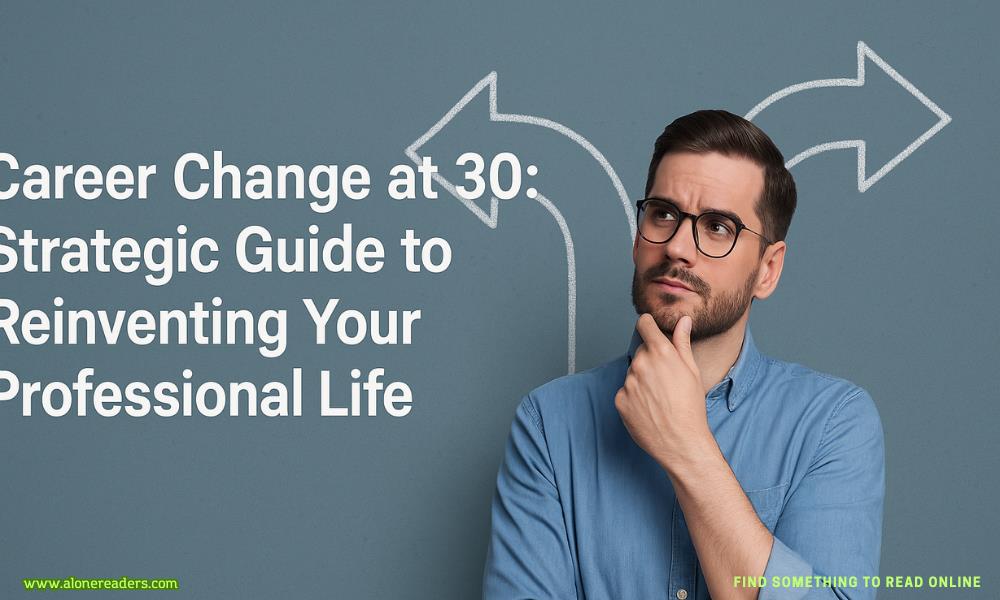Page 58 of Kill Your Darlings
Toward the end of the hourlong interview the discussion had gotten a little livelier, maybe because Amis had steadily drunk his way through a bottle of red wine, and maybe because they had moved on from the topic of the novel being discussed,Time’s Arrow, and were now talking about pinball machines.
After the question-and-answer period, Thom stayed leaning against his column and watched the audience slowly exit the sweltering hall. Everyone seemed to be carrying jackets and sweaters and sporting shiny foreheads.
“Is that Thom?”
He’d been expecting to hear those words, but they still startled him. Wendy Eastman stood in front of him, a half smile on her lips, holding a copy of the Paulding Festival schedule of events. She wasn’t alone; a woman around her same age stood next to her, half smiling as well.
“You’re so familiar,” Thom said.
“It’s Wendy Eastman.”
“Jesus, of course. My God, hello.” They hugged, their cheeks brushing up against each other’s.
“This is my friend Becky.”
Thom introduced himself and shook the woman’s hand. “It’s really nice to meet you,” Becky said, “but can we get the hell out of here? I need air.”
The three of them joined the slow trickle toward the exit, then emerged onto East Fifty-Ninth Street across from Paulding’s Bookstore. It was zero degrees outside, with a fierce wind, and Thom and his two companions put on scarfs and coats and gloves.
“Do you live here?” Thom said to Wendy.
“I don’t, no. Becky does, though, and I’m staying with her for the weekend. How about you?”
“I live in New Haven, so not too far away. What did you think of the interview?”
Becky intervened to say that she was freezing and maybe they should find someplace to get a drink. They all walked against the wind toward the park, then pushed through the swinging door of the first bar they came to, a grubby, smoke-filled Irish pub that had several empty booths. After removing all their outerwear, they ordered a pitcher of Bass and three glasses, and talked about the book festival. It turned out that they’d all gone to a poetry reading by Sharon Olds earlier that day, but it was even more packed than the Amis interview, so it wasn’t a surprise that Thom and Wendy hadn’t seeneach other. All three of them admitted they were worn out by book talk and were skipping the Sunday-morning panel on the contemporary Russian novel.
“How do you two know each other?” Becky said.
Thom and Wendy looked at each other, neither speaking right away. Finally, Thom said, “Wendy was my middle school girlfriend.”
Becky threw back her head and laughed like he’d just said something incredibly clever. “Really?”
“I very briefly lived in New Hampshire when I was fourteen and fifteen,” Wendy said, “and Thom was the only saving grace of that time in my life.”
“That’s the cutest thing I think I’ve ever heard,” Becky said. “And you haven’t seen each other since?”
Thom locked eyes with Wendy, briefly, and said, “Wendy had my address, but she never sent me a letter. It broke my heart.”
Becky punched Wendy in the arm. “Why didn’t you send him a letter?”
“He told me not to.”
“Thom, why’d you tell her not to?” Becky refilled her glass, having fun.
“You know. We were just two ships that passed in the night. Two awkward, post-adolescent ships. I was crushed that I never heard from you.”
Wendy made a sad face, then said, “But now we’ve found each other again.”
Becky said, “I feel like I’m at this momentous moment in your lives. Should I leave you two alone?”
Wendy gripped her arm, both of them smiling. “No.”
“Were you two serious?”
“We were as serious as you can be in middle school,” Thom said.
“And freshman year of high school,” Wendy said.
- Daddy's Dirty Little Secret by Sofia T. Summers
- Sofa King Safe by Alexa Riley
- A Touch of Fate by Cora Reilly
- Mercy by Elizabeth Knox
- Veiled Vows by Ajme Williams
- Bending Over for My Tw!n by J. Snow
- Double Mountain Men by S.E. Law
- Fierce Vows by Jade Marshall
- Snowed in with the Mafia by Chloe Kent
- Claimed By a Knight by Lena Little
- Choke by Mila Crawford
- Stolen Princess's Secret by Kelly Hunter
- Wicked Games by Willow Dixon
- All Jacked Up by Abbi Glines
- Scatter the Bones by Autumn Jones Lake
- Need You to Choose Me by B. Celeste







